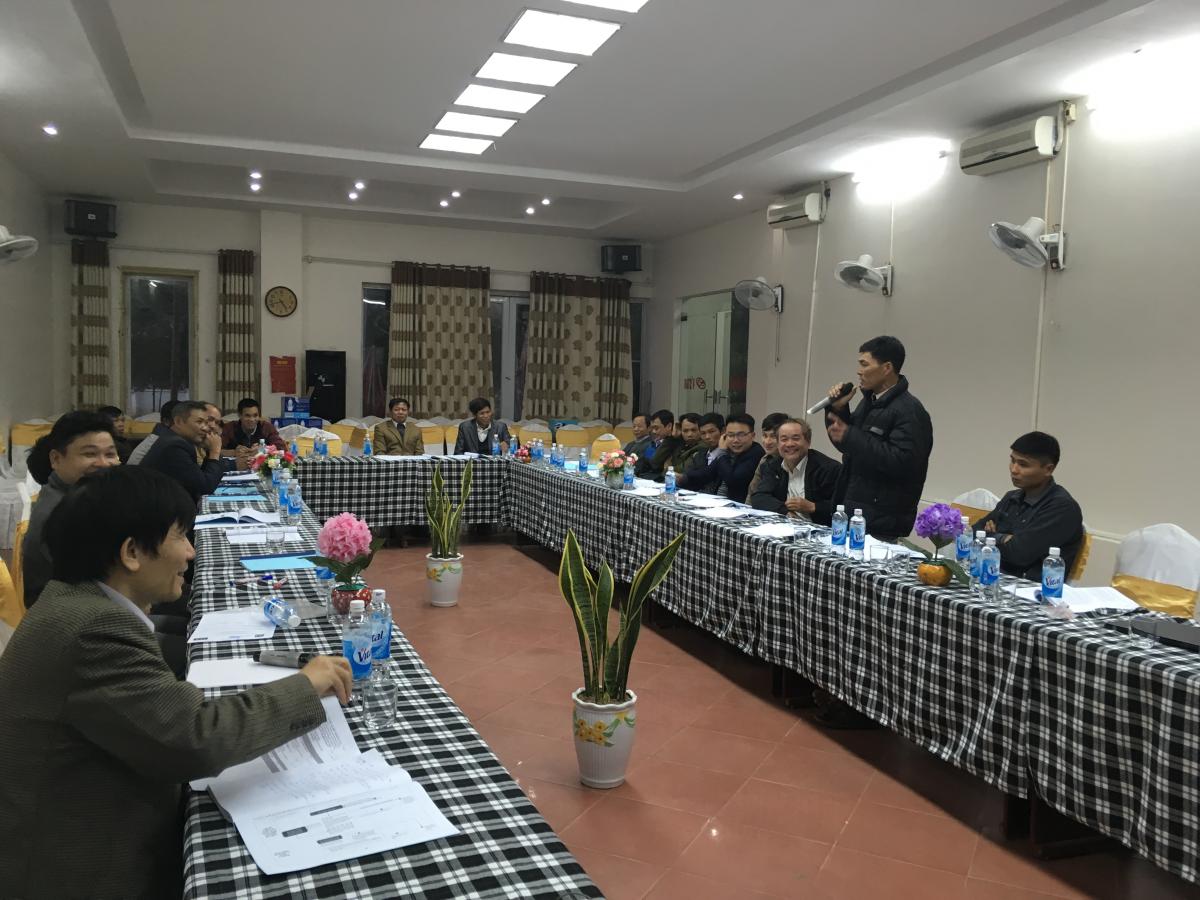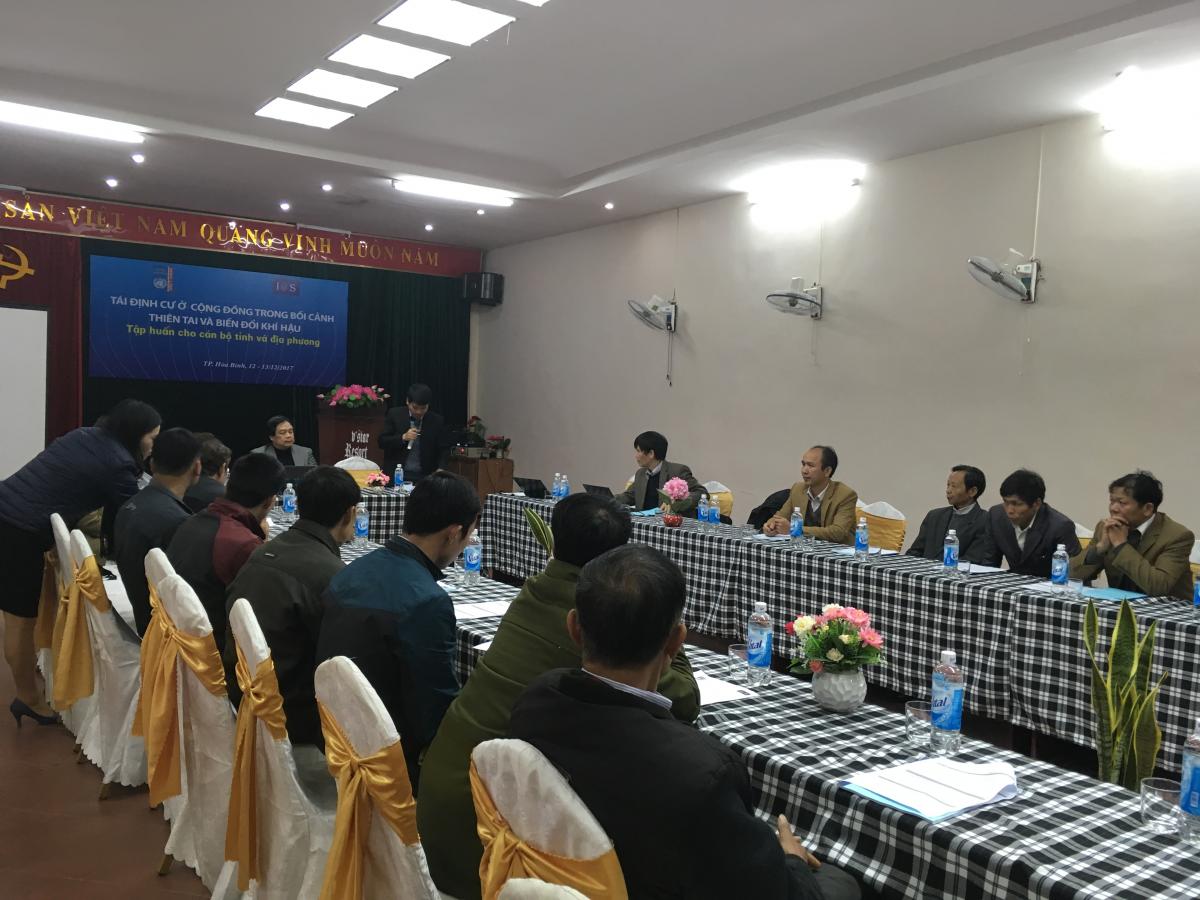-
Who We Are
WHO WE AREThe International Organization for Migration (IOM) is part of the United Nations System as the leading inter-governmental organization promoting since 1951 humane and orderly migration for the benefit of all, with 175 member states and a presence in over 100 countries. IOM has had a presence in Viet Nam since 1987.
About
About
IOM Global
IOM Global
-
Our Work
Our WorkAs the leading inter-governmental organization promoting since 1951 humane and orderly migration, IOM plays a key role to support the achievement of the 2030 Agenda through different areas of intervention that connect both humanitarian assistance and sustainable development. Across Viet Nam, IOM is concerned with the welfare and quality of life of the Vietnamese people, particularly migrant and mobile populations.
Cross-cutting (Global)
Cross-cutting (Global)
- Data and Resources
- Take Action
- 2030 Agenda
HoaBinh, 12-13 Dec 2017
The International Organization for Migration (IOM) and the Institute of Sociology (IOS), Viet Nam Academy of Social Sciences, co-hosted a two-day training session on “Planned relocation for communities in the context of environmental change and climate change” for provincial and local leaders in Hoa Binh Province, Viet Nam on 12-13 December 2017.

Hoa Binh is a province in the northwest of Viet Nam. It is a mountainous region where heavy seasonal rainfall and steep slopes give rise to risks of river flooding, flash floods, and landslides, affecting the safety, livelihood and well-being of hundreds of households. Planned relocation has been and continues to be at the center of the province’s mitigation strategy.

Participants were provided with an overview of key concepts surrounding the complex issues of migration, environment, and climate change, as well as practical tools and guidelines for application to the local context. In particular, throughout the two-day training, participants discussed the importance of the community empowerment approach to planning for and implementing environment-induced relocation programs. The discussion also highlighted that planned relocation is best considered as an option where safe in-situ adaptation or other options are not feasible, and should be planned, designed and implemented with careful attention to community needs, rights and aspirations in order to achieve the desired outcomes of reduced vulnerability and increased resilience.
A new training manual on the topic was recently developed by IOM and was introduced on the occasion of the training workshop in Hoa Binh, as well as at an earlier training of trainers (TOT) course jointly conducted by IOM and IOS in Ha Noi. The material received very positive feedback from both future trainers and local leaders. The manual is being finalized by IOM and will be published soon.